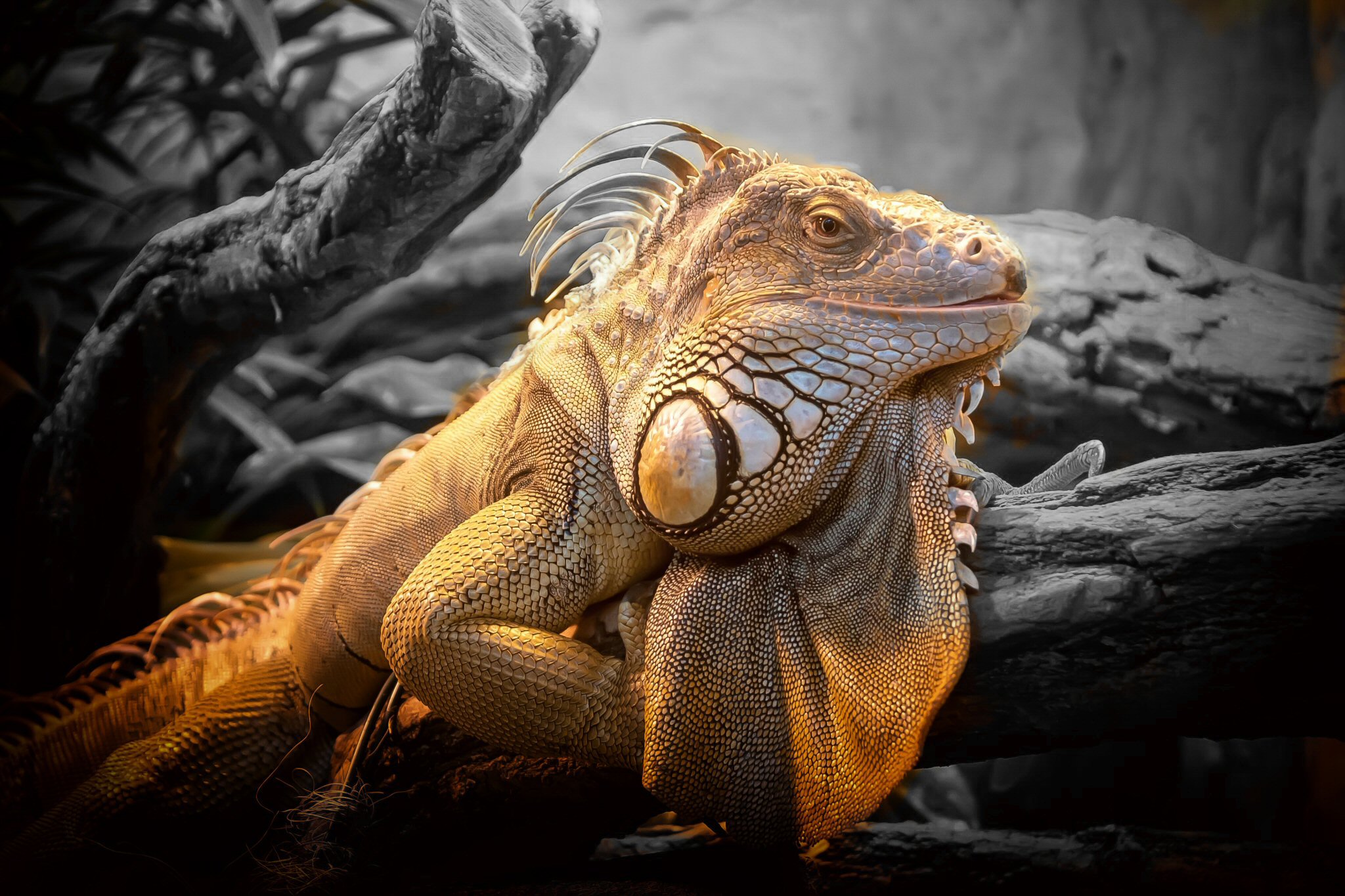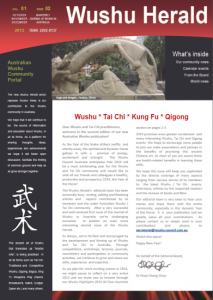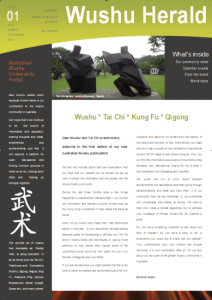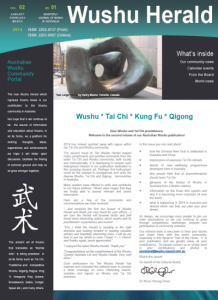Dragons Do not Bow to Ethics – Part 1
07 August 2021
| Code of Ethics was “But the “On display? I eventually had to go down to the cellar to find [it].” “That’s the display department.” “With a flashlight.” “Ah, well, the lights had probably gone.” “So had the stairs.” “But look, you found [it], didn’t you?” “Yes,” said Arthur, “yes I did. It was on display in the bottom of a locked filing cabinet stuck in a disused lavatory with a sign on the door saying ‘Beware of the Leopard.” ― Douglas Adams, The Hitchhiker’s Guide to the Galaxy |
Introduction
The International Wushu Federation (IWUF) has finally published its Code of Ethics allegedly aligned with the IOC (International Olympic Committee) Code of Ethics. Seeing it publicly available is a great achievement by itself – even after the recent Extraordinary Congress where the IWUF Ethics was the focus issue, it remained unavailable for a week or so, then a document titled “Code of Ethics” appeared got published but turned out to be just another copy of “The IWUF Email guidelines” in a corrupted format. No doubt, it would be stuck there on the “IWUF Documents” page as “Constitution 2017” did for all these years. Apparently, no one ever (repeat, ever) needed the current IWUF Constitution since 2017. And why would anyone need it, anyway? Now the new Constitution is in force, they say. They say it is in force from 14 July 2021. They say, for the Constitution to be in force, it does not have to be published. Who are “they”? These guys:

They would be genuinely puzzled by the very question about the Constitution because most of them never read it just as most of us never read the thousands of fine print words of legally binding “end-user licence agreements”. Well, now is the moment when the fine print is about to become relevant and you will never guess who, among the people on the screen above, will make it happen.
IWUF Fundamental Ethical Principles
It was a bit disappointing. The document that provided the grounds for suspension of a continental federation, the manuscript hidden from public eyes for years, a magic key to the chambers that were never meant to be open… On a paper, not gold plates… In plain English (not quite plain, the often-inappropriate legal jargon betrays desperate desire of the author to be seen as a real lawyer)! Well, shall we proceed?
From the preamble we learn that the International Wushu Federation is an integral component of one of the pillars of the Olympic movement. What are these pillars? One of them is the International Olympic Committee. The second pillar is the National Olympic Committees. The third is the International Sport Federations, collectively, and this is the pillar where the IWUF considers itself to belong despite its consistent failure to get a spot in the Olympics. Regardless of its official status, the IWUF vows to foster and uphold the fundamental ethics principles pronounced in the IOC Code of Ethics. Strictly speaking, that would be enough, according to the requirement of the Olympic Committee:
“The National Olympic Committees, the International Federations, the Recognised Organisations and the Organising Committees for the Olympic Games undertake to adopt, for their internal activities, a code of ethics based on the principles and rules of the IOC Code of Ethics, or in a written declaration to adopt the IOC Code of Ethics.”
However, the IWUF endeavoured to create their own code of ethics. Is it based on the IOC Code? Yes, loosely, but only to the extent that modern ethics is more or less standardised anyway: no discrimination, no abuse, protection of human rights etc. etc. The question is: why bother? If you declare your adoption of the IOC fundamental ethics principles and then recite them in a slightly modified form, does it mean that your formulation overrides the original, does it add something or does it remove something? The IOC fundamental principles are quite simple:
1 Respect for the Olympic spirit, which requires mutual understanding with a spirit of friendship, solidarity and fair play.
2 Respect of the principle of the universality and political neutrality of the Olympic Movement.
3 Maintaining harmonious relations with state authorities, while respecting the principle of autonomy as set out in the Olympic Charter.
4 Respect for international conventions on protecting human rights insofar as they apply to the Olympic Games’ activities and which ensure in particular:
(a) respect for human dignity.
(b) rejection of discrimination of any kind on whatever grounds, be it race, colour, sex, sexual orientation, language, religion, political or other opinion, national or social origin, property, birth or other status.
(c) rejection of all forms of harassment and abuse, be it physical, professional or sexual, and any physical or mental injuries.
5 Ensuring the participants’ conditions of safety, well-being and medical care favourable to their physical and mental equilibrium.
Let’s see now how the IWUF’s fundamental ethics principles align with the IOC Code:
- Equal treatment of anyone, irrespective of nationality, gender, age, race, ethnicity, nationality, social origin, sexual orientation, religion and political affiliation.
This is 4(a-b) – rejection of discrimination, almost word to word.
- Living fairness, true sportsmanship during events and championships; paying respect to other athletes, judges, officials and other teams.
1 and 4 again, loosely.
- Strengthening of personal and shared responsibility by reasonably including all parties incl. athletes in decisions that affect them.
This is simply expansion of 1.
- Fight against physical and psychological violence, any form of exploitation and sexual abuse.
4(c).
- Rejecting all kinds of doping and drugs, within the frame of the IWUF Anti-Doping Rules.
Anti-doping Policy is quite separate, no need to include it here, the fair-play principle covers drugs and doping anyway.
- Fighting against all forms of corruption, through transparency and clear structures.
‘Corruption’ is a broad term, as broad as ‘fairness’ and as such, is already addressed.
Does the IWUF Code of Ethics introduce any new fundamental principles, the ones not contained in the IOC Code of Ethics? As we see, no, it does not. Does it leave any of the fundamental principles of the IOC un-addressed, un-interpreted, un-attended and therefore un-supported? Yes, it does. Three fundamental principles of the IOC were not addressed or simply re-iterated (as other principles were) by the IWUF Code of Ethics:
Universality and political neutrality of the Olympic Movement
Political neutrality of sport in general will always remain a highly controversial topic. The Olympic Movement, while supposed to be truly politically neutral, has been so politicised that it is impossible to identify the worst offenders. The Western countries loved to boycott The Soviet Union and now, Russia and China who, in turn, use the Olympic Games to demonstrate their superiority in sport guaranteed by their political and social order. The IWUF, particularly, simply cannot stay away from their Governing Party’s strategic policies; its political neutrality is a myth. But so is the political neutrality of the entire Olympic Movement…
Harmonious relations with state authorities, while respecting the principle of autonomy
The IWUF Constitution (2017, Article 12) requires the National and Continental Federations “to resist all forms of external pressure, including but not limited to political, religious and economic pressures which may infringe upon their commitment to comply with the Olympic Charter and/or the IWUF Constitution”. In other words, the IWUF Constitution, regardless of its legal foundations is always above the local and national laws. This is a very bold requirement far exceeding the IOC’s wishful “harmonious relations with state authorities”. Besides, what does it take for the IWUF itself to resist the political pressure from the Chinese Communist Party, the sole governing party of the People’s Republic of China? Although this issue is well beyond the scope of this article, we note that requirement of “complete independence from government and other public authorities” imposed by the IWUF Constitution, borders on a call for civil disobedience.
Safety, well-being and medical care favourable to participants’ physical and mental equilibrium
While the IWUF appears serious about safety and well-being of their constituents, this was not highlighted in their Code of Ethics. Why?
On the other hand, why are we asking this? What if there is no specific reason for some principles to be included, others excluded… The reason for ethics principles of the IWUF to be aligned so loosely with the IOC Code of Ethics might be very simple: mechanical compilation of some old existing drafts, complete ignorance of the IOC fundamental ethics principles and pushing forward the principles that, while not appearing to be fundamental or even slightly important, lay the foundation for the harsh authoritarian governance. The crucial part of the strategy is to push these principles in such a way that they would be cheerfully approved by the very people that would be the first victims of the upcoming dictatorship.
What are these hidden principles? Let’s look closely at the IWUF Code of Ethics beyond its fundamental principles which, as we see, don’t mean much.
Scope of Application
This clause reads like an Oscar acceptance speech… The Code applies to the IWUF, the Continental Federations, National Federations, …, members of any working groups, secretariat, staff members… Did we forget someone? Ah, yes! Officials, judges, organising committees of any city or any regional organisation… Who else? Of course! Consultants and contractually connected individuals/organisations that represent or serve the IWUF. Is anyone still left out? No worries, it was all enclosed in the magical “including but not limited to” statement. Dogs, cats, horses and jockeys, thanks to all, you are all included in the scope of application of the IWUF Code of Ethics! It is the great honour but, with the great honour comes the great responsibility…
No Criticising
By including the Defamation clause into the Code of Ethics, the IWUF indicates that it has a lot of spare money to spend on bullying the critics. Did it say something about fighting corruption? Yes, please feel free to fight corruption as long as you don’t say anything we wouldn’t like.
No Remuneration
Total ban on remuneration for all those included in the infinite scope of the Code of Ethics calls for some tough measures. Apparently, all IWUF Secretariat should consist of volunteers who are to be deeply commended for their altruism. Given the extremely wide scope of application of the Code of Ethics, this altruism is imposed, among others, on “contractually connected individuals/organisations that serve the IWUF”. Cleaners, couriers, taxi drivers, mechanics, waiters! Our Code of Ethics does not allow us to pay you for your services. Just be proud of being included in our noble Wushu family. Here is a “small gift” – a token of appreciation – that’s all what is allowed.
No Betting
Betting is also forbidden. Again, given the scope of application of the Code of Ethics, it is so far the most extreme ban on sports betting leaving many sporting organisations far behind on the global ethical scale. For example, the International Cricket Council bans all participants from betting. The National Collegiate Athletic Association (USA) also includes the athletic department staff in the ban, and they were considered the most extreme! Well, until the IWUF came around with its truly draconian order …
Behold the Holy Trinity!
While leading us through the treacherous forest of Conflict of Interests, the Code of Ethics gently introduces us to the Holy Trinity. For the first time, the Supreme Guardians of the Ethics, also known as The Ethics Committee, enter the scene here. They “are entitled to advise a person, at his/her request, in a situation of potential conflict of interest or perceived conflict of interest.” As we will see shortly, they are entitled to much, much more …
One of the last chapters, Procedural Rules, is modestly titled and contains seemingly boring quasi-legal stuff but this is where we finally get the answer to the burning question: Why bother with the Code of Ethics when the IOC would be happy just with the box “We accept the IOC Code of Ethics” ticked? This is why:
The Ethics Committee
The first rule of the Ethics Committee is you do not talk about the Ethics Committee. It transcends the positions, personalities, qualifications, experience, mind and body, life and death, the natural and supernatural … It is the Answer to the Ultimate Question of Life, The Universe, and Everything. It is the Absolute Power. At least, within the scope of applicability of the IWUF Code of Ethics which, as we saw, approaches the infinity. Actually, the Ethics Commission, in all its threesomeness, is of a very small value, as the real power belongs to the CHairman of the Ethics Committee or, as people will affectionately call him, Our CHECO. We heard that small red books are already in production and will be freely distributed at the next IWUF Congress.
To get used to the new brave order, a few basic notions must be accepted. Here they are, slightly simplified:
- The entire physical experience of an IWUF subject (as we saw, this is a very wide array of individual, corporate, possibly android and alien entities) is nothing else but a constant flow of weak, mild and strong violations of the IWUF Code of Ethics.
- The primary recipient of that flow is the IWUF Secretariat where all input is analysed “with a view to a possible referral of the matter to the Ethics Committee”. Given the high level of responsibility for any actual or perceived wrongdoing, it would be wise to direct all input to the Ethics Committee, just to be safe.
- CHECO reviews information and decides whether there is sufficient evidence to establish a prima facie case. If there is – CHECO commences investigation. If there is not – CHECO leaves it for later, until such case can be established.
- CHECO has discretion “to write to any person or entity against whom a prima facie case has been found to exist, to inform the person about the procedure and to ask (i) to submit his/her/its observation and (ii) whether or not they wish to admit any breaches suggested by the prima facie case.” If the relevant person or entity wishes to admit any breaches, CHECO directs the matter to the Executive Board together with the ‘recommended’ (read: prescribed) sanction. If no such admission is received, CHECO conducts the investigation, and the process returns back to question of confession (see diagram below).

Is there any role left for the President and the Executive Board? Yes! They “have the right to entrust the Ethics Committee with the start of an investigation …”
This is a simple and very efficient algorithm of processing human resources. You will see it for yourself! Not all of you, of course…
To be continued…
‘True’ story of how the idea of the Ethics Committee was born and how it was implemented.
+Bonus! Introduction of the members.
In the meantime…
Do We Need a Conclusion?
If we do, here is an extract from the long-forgotten decision by the Court of Arbitration for Sport regarding the dispute between a young and restless athlete and the IWUF:

Did the IWUF learn the lesson? Not at all.











